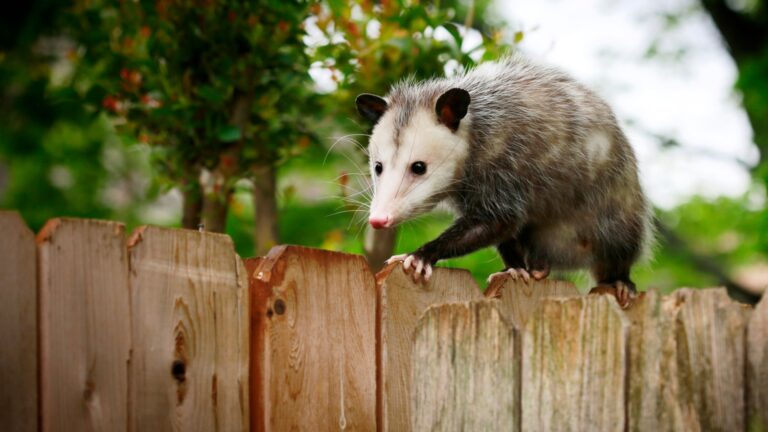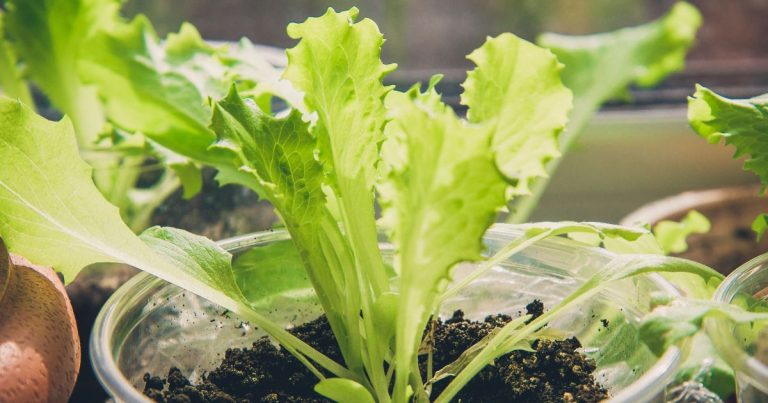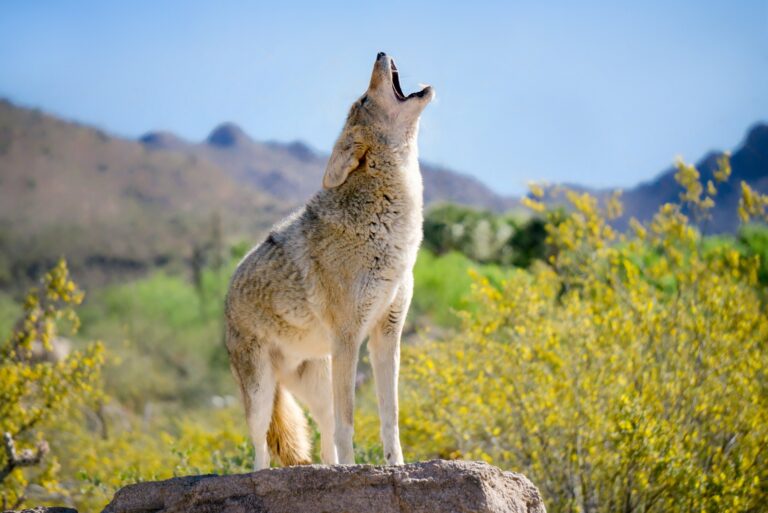What Happens When Your Neighbor’s Tree Leaves Land In Your West Virginia Yard
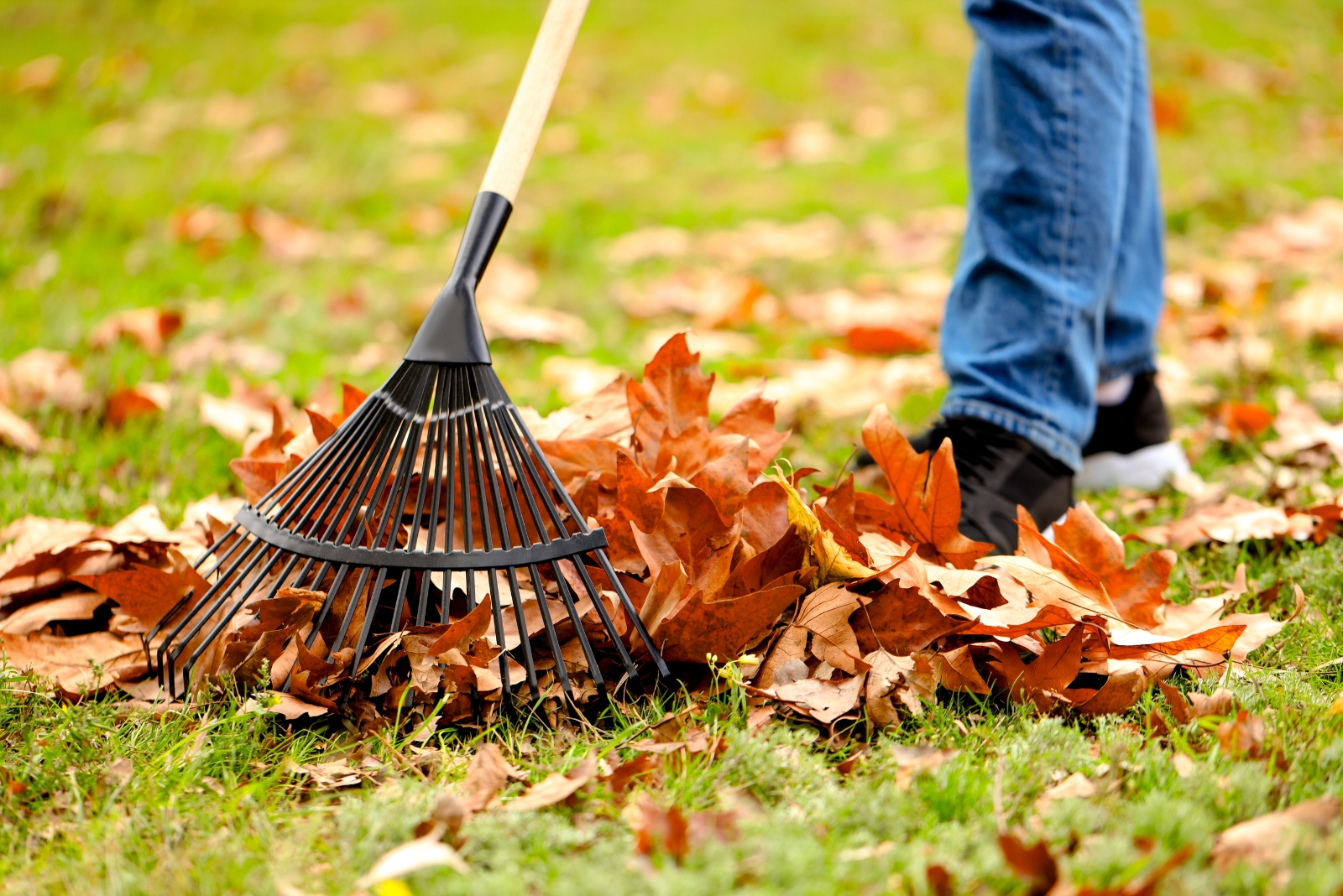
Leaves blowing in from the neighbor’s tree is such a classic West Virginia moment, and I’ve been there myself wondering what to do about the mess.
It feels annoying at first, but the rules around it are easier than most people think. A little clarity goes a long way when you’re trying to keep the peace. Let’s break down what really happens in this situation.
1. Property Lines Determine Leaf Responsibility
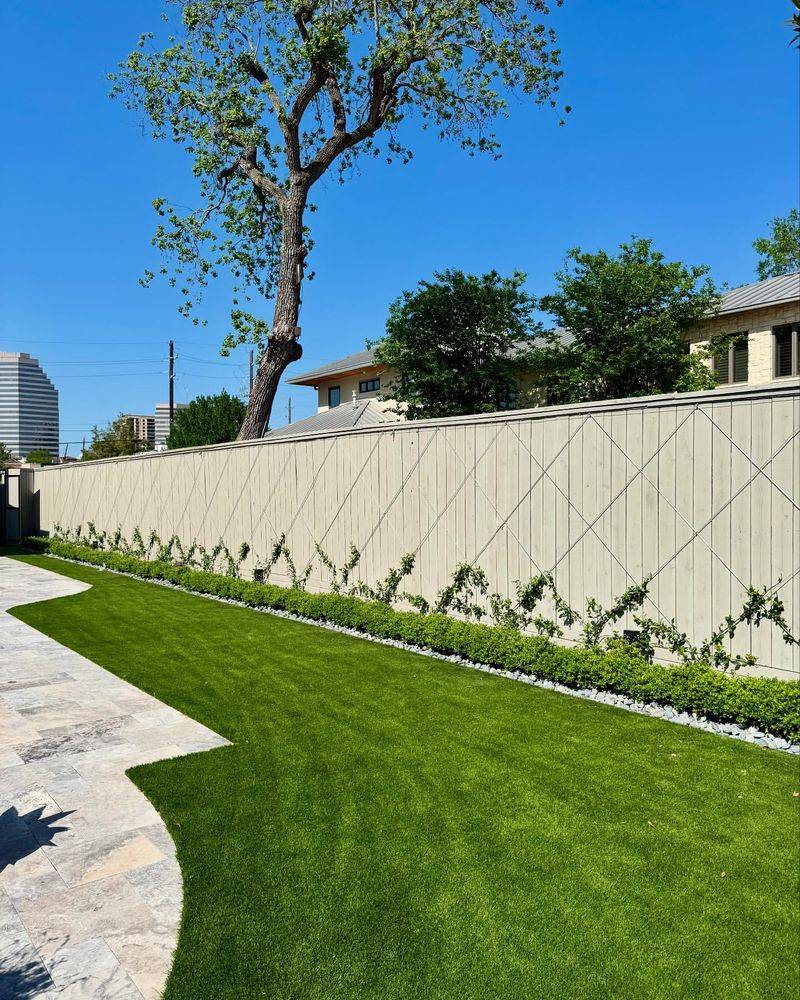
Once leaves hit the ground, they belong to whoever owns that piece of land. If your neighbor’s oak tree drops leaves onto your West Virginia property, those leaves become your responsibility to clean up.
Property boundaries matter more than where the tree is rooted. Most local ordinances follow this principle, meaning you cannot force your neighbor to rake your yard.
Keeping a friendly relationship helps when dealing with seasonal messes that cross property lines naturally.
2. Tree Ownership Rules in West Virginia
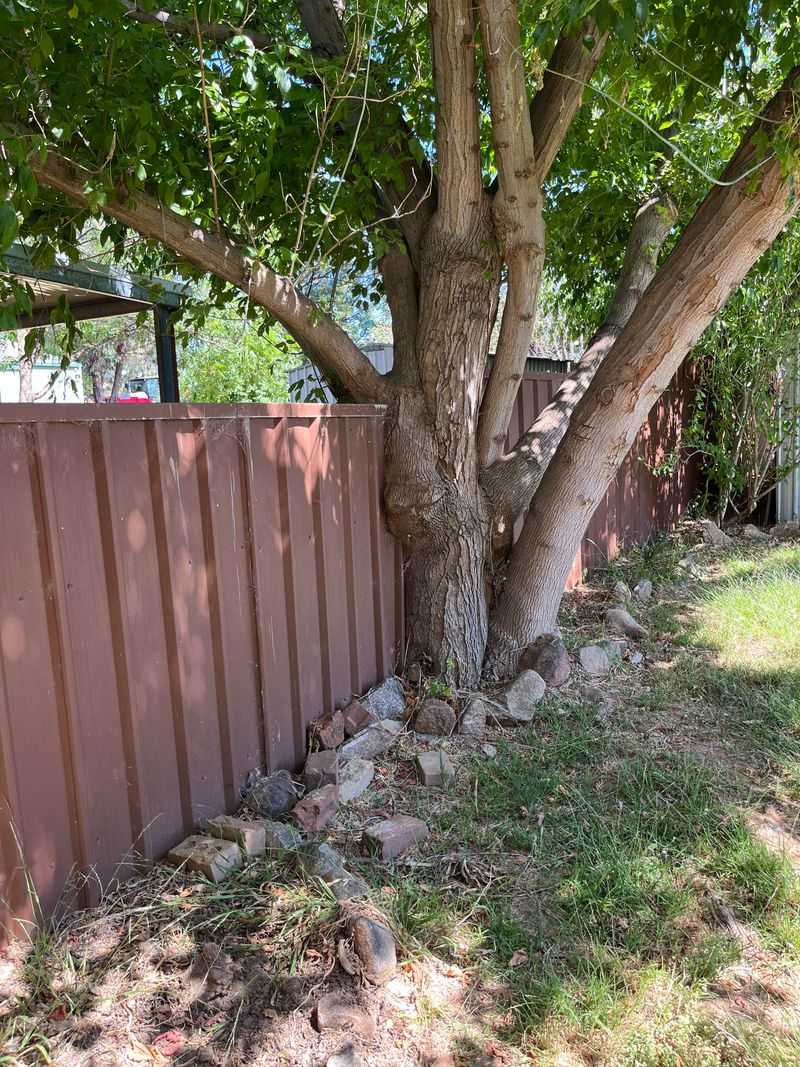
A tree belongs to the property where its trunk stands, even if branches hang over your fence. West Virginia follows this standard rule, which means your neighbor owns the tree causing the leafy mess.
However, ownership does not equal responsibility for where leaves land. You can trim branches that cross onto your property, but you must do so carefully without harming the tree.
Always talk to your neighbor before cutting anything to avoid disputes or potential legal issues down the road.
3. You Cannot Force Neighbors to Rake Your Yard
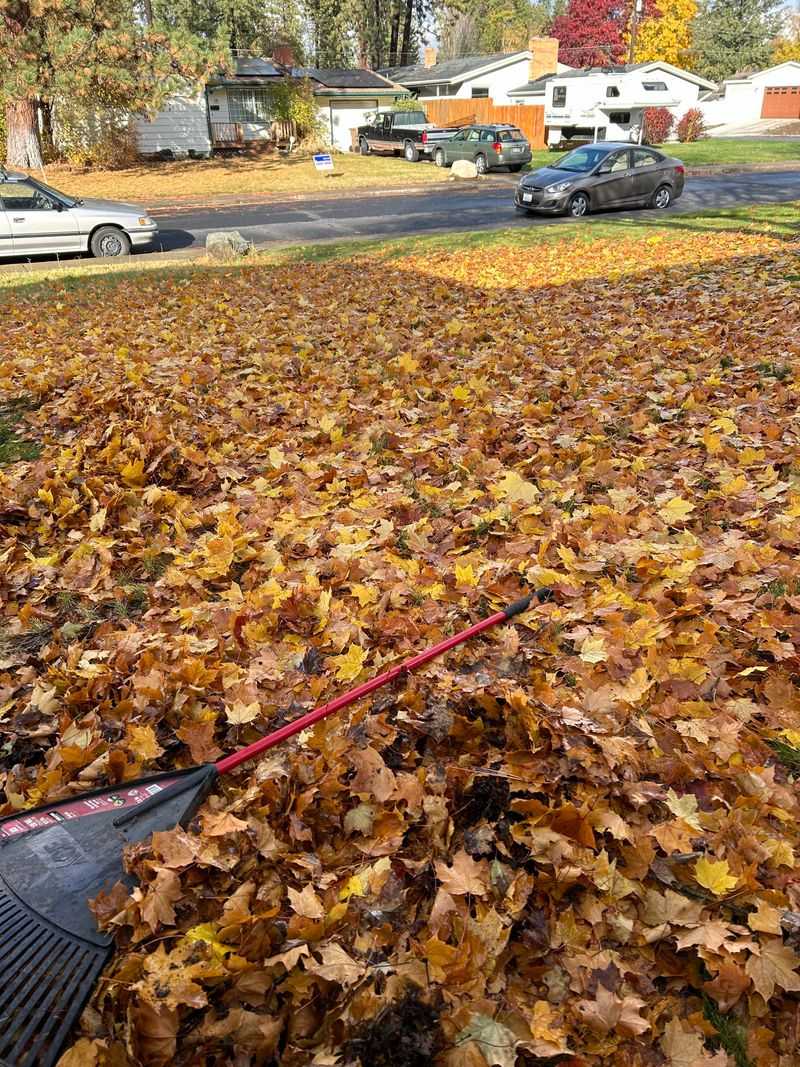
West Virginia law does not require your neighbor to clean leaves that fall from their tree onto your property. The responsibility falls on you as the landowner where the leaves have landed.
Trying to force someone to do your yard work can damage relationships and will not hold up legally. Instead, consider having a polite conversation about sharing the workload during heavy leaf season.
Many neighbors work together on this issue, making fall cleanup easier and faster for everyone involved in the community.
4. Trimming Overhanging Branches is Allowed
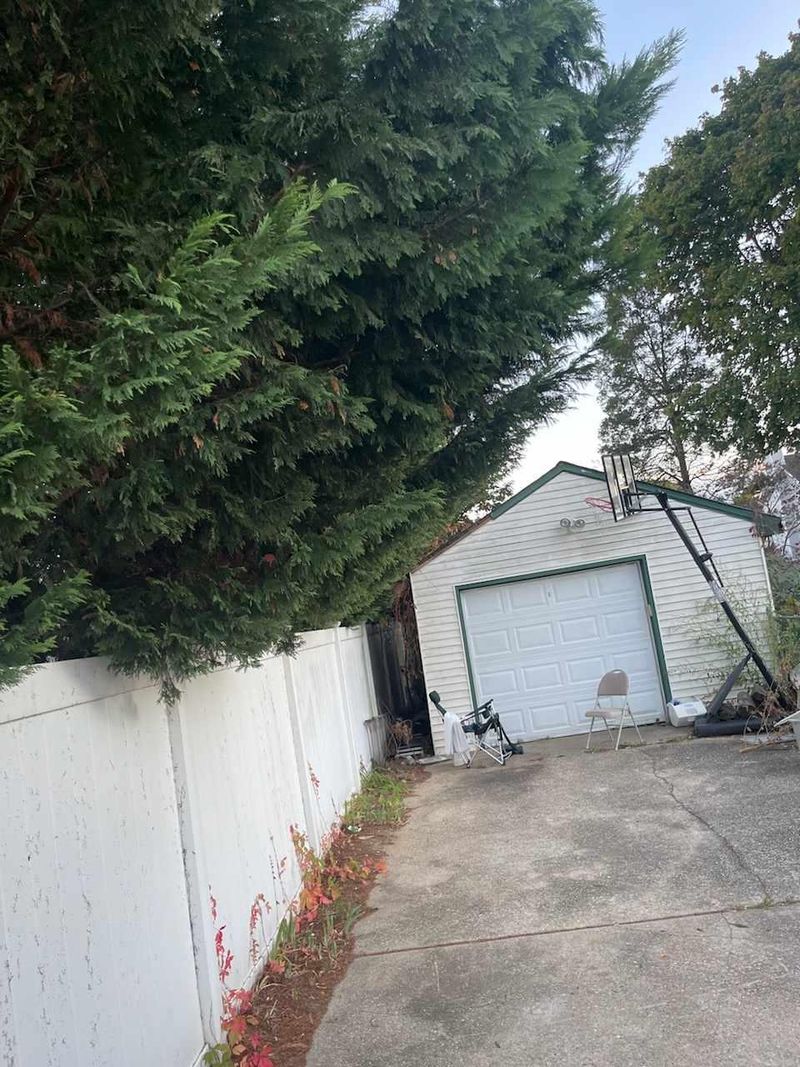
You have the legal right to trim branches that extend over your property line in West Virginia, which can reduce the number of leaves falling into your yard.
Be careful not to damage the tree or cut so much that it harms your neighbor’s property. Hiring a professional arborist ensures the job gets done safely and correctly.
Some homeowners find that trimming overhanging branches creates better sunlight for their gardens while solving the leaf problem at its source effectively.
5. Gutters and Drainage Issues Matter
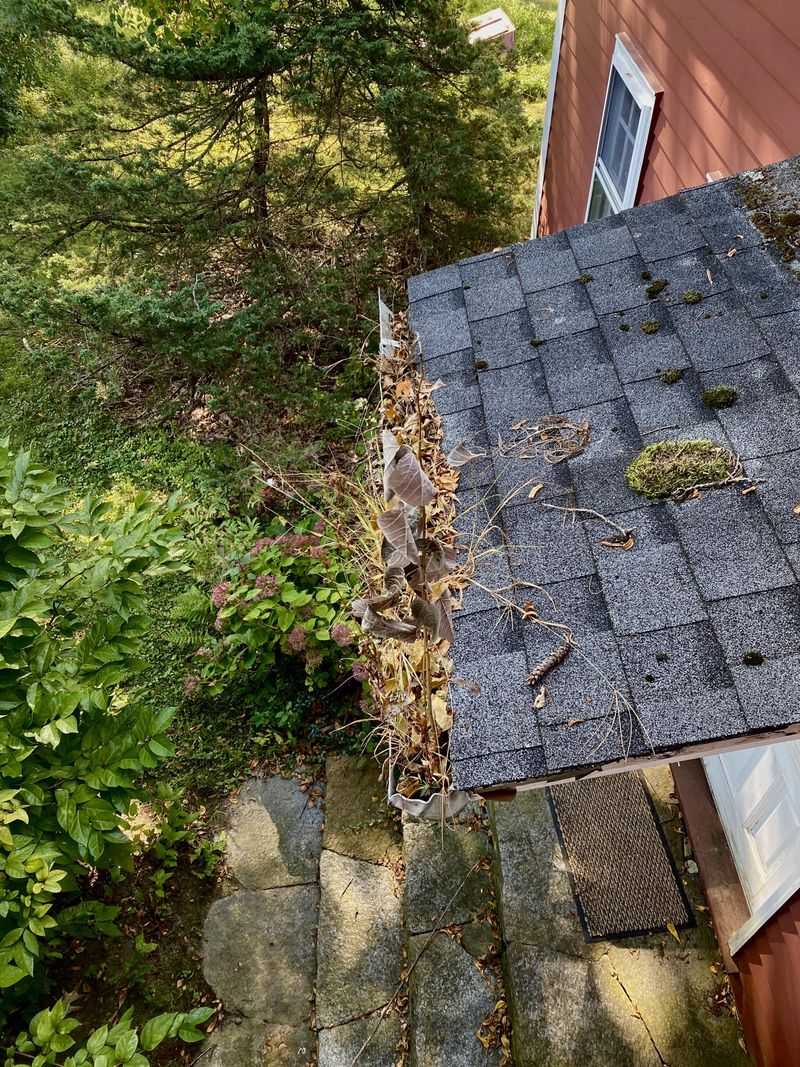
Leaves from a neighbor’s tree can clog your gutters and create drainage problems around your West Virginia home. While frustrating, you still must handle the cleanup yourself since the debris is on your property.
Regular gutter maintenance prevents water damage and foundation issues that cost thousands to repair. Installing gutter guards reduces how often you need to clean them out during fall.
Document any damage caused by excessive leaf buildup, as this evidence might help if serious property damage occurs later.
6. Nuisance Laws Have Limits
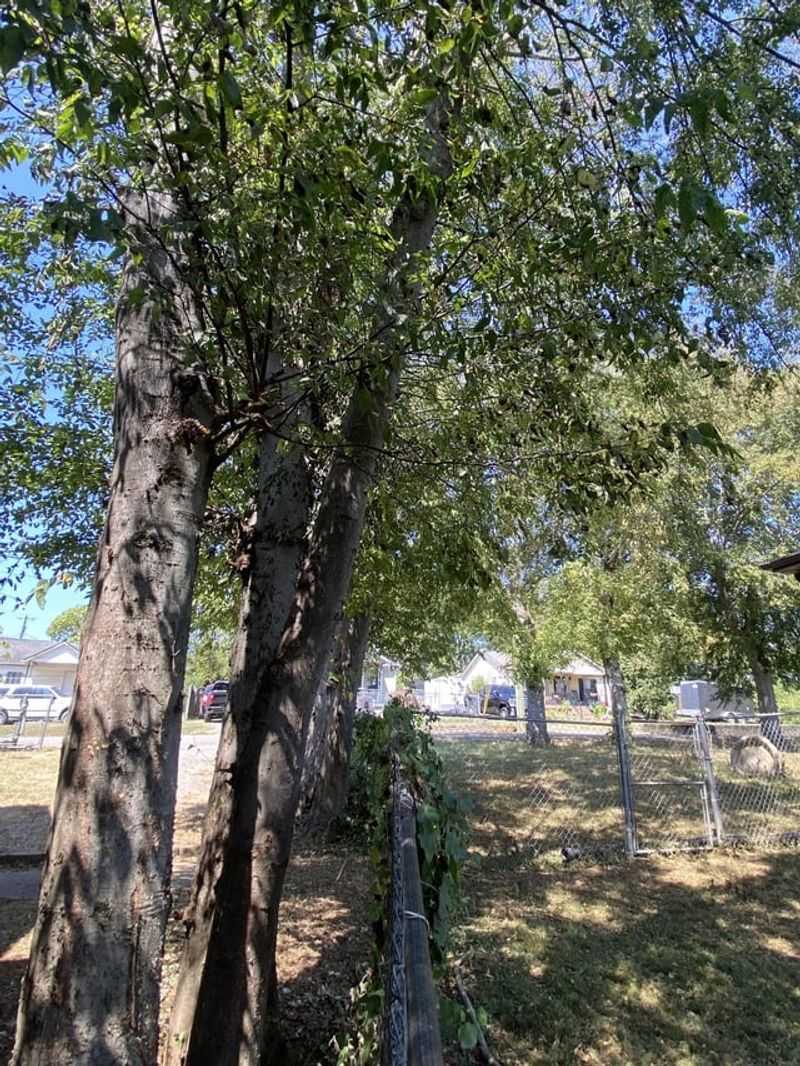
West Virginia nuisance laws protect homeowners from extreme situations, but normal leaf fall typically does not qualify as a legal nuisance. Courts recognize that trees naturally drop leaves each season.
Only in rare cases where negligence causes actual property damage might you have a legal claim. For example, a diseased tree that your neighbor refuses to maintain could create liability.
Most disputes get resolved through communication rather than lawsuits, saving time, money, and neighborly goodwill in your West Virginia community.
7. Communication Prevents Bigger Problems
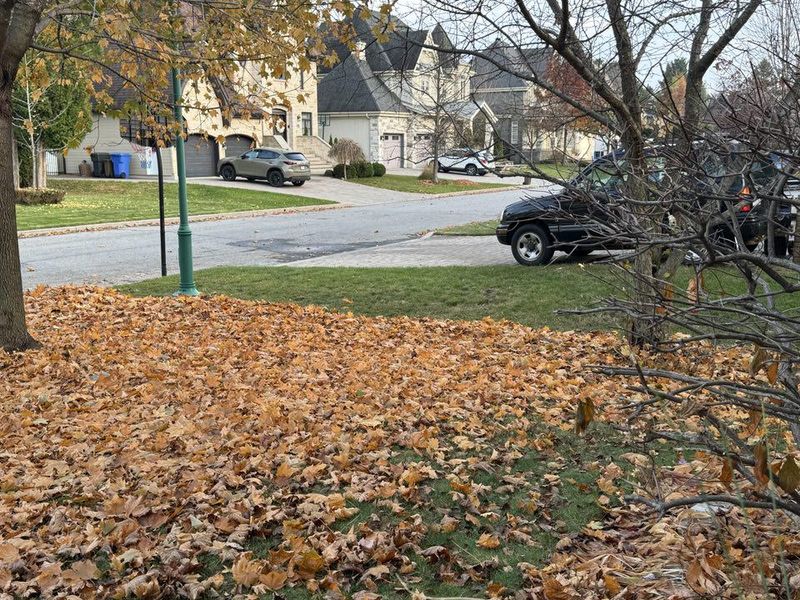
Talking openly with your neighbor about leaf issues often leads to simple solutions that work for everyone. Many West Virginia residents share yard work or take turns handling cleanup when trees affect both properties.
Approaching the conversation with kindness rather than accusations makes a huge difference in the outcome. Suggest working together on a schedule or splitting the cost of a lawn service.
Building good relationships with neighbors creates a supportive community where people help each other with seasonal challenges throughout the year.


